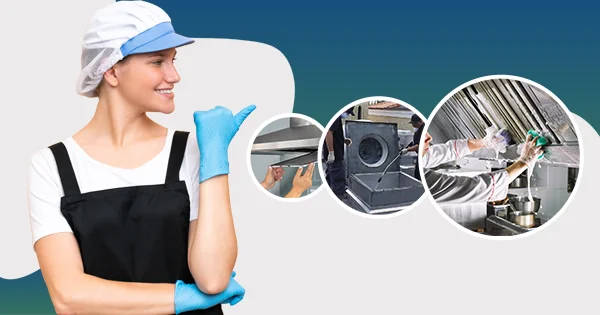Restaurant kitchens are high-risk environments where fire safety should never be overlooked. One of the biggest hidden dangers lies within your kitchen exhaust hoods. Over time, grease and debris build up, creating a significant fire hazard if not properly addressed.
Why Exhaust Hood Cleaning Matters
Grease accumulation in exhaust hoods and ducts can ignite quickly, spreading flames throughout the kitchen. Regular cleaning not only prevents fire risks but also helps maintain proper ventilation and air quality.
Professional Kitchen Exhaust Cleaning
To keep your restaurant safe, scheduling regular kitchen exhaust duct cleaning is essential. Professional services ensure that grease and contaminants are thoroughly removed, reducing fire risks and maintaining compliance with safety regulations.
Deep Cleaning for Complete Safety
While exhaust hood cleaning is crucial, restaurants also benefit from regular deep cleaning services. This ensures that all kitchen surfaces, equipment, and hard-to-reach areas remain hygienic and free from grease build-up.
Conclusion
Protecting your restaurant from fire hazards starts with proper cleaning. By investing in professional exhaust hood and deep cleaning services, you create a safer environment for your staff and customers while staying compliant with health and safety standards.


